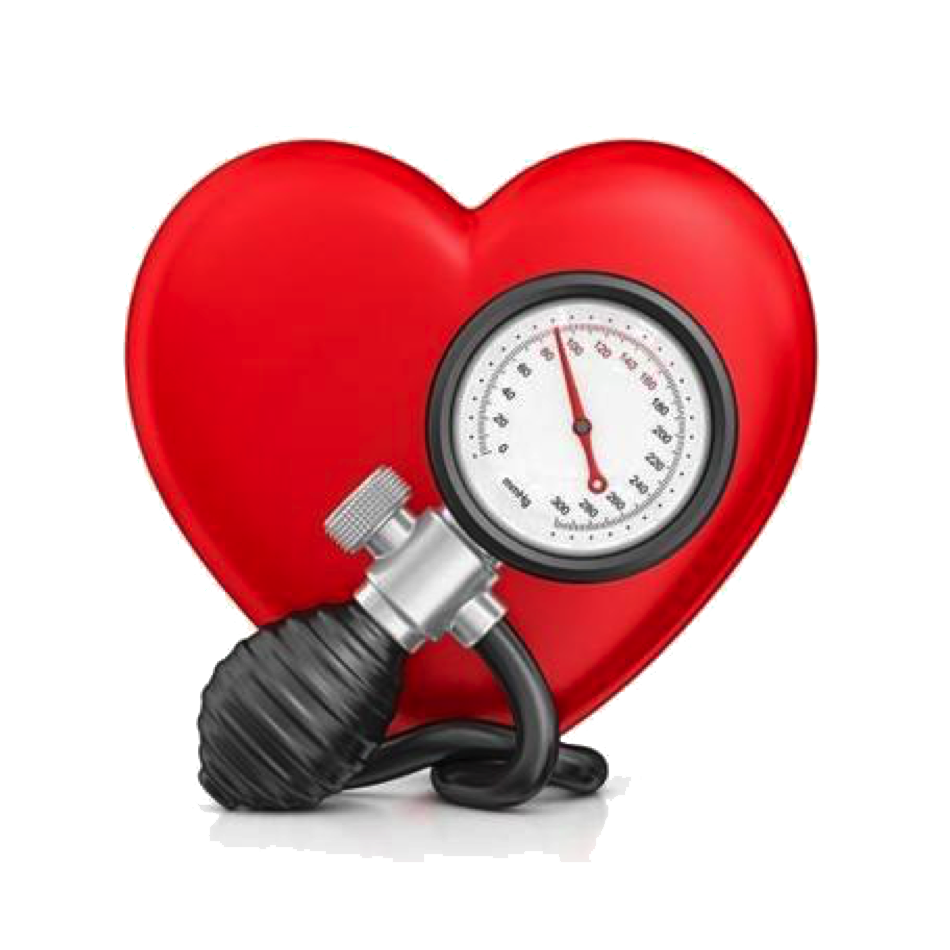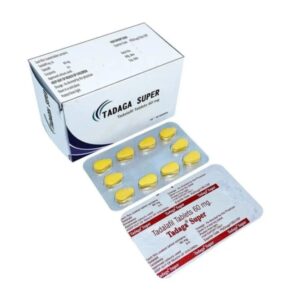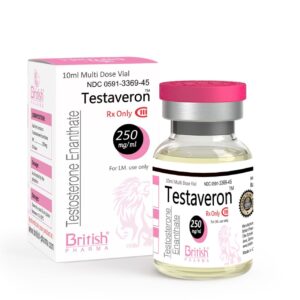Maintaining optimal blood pressure levels is crucial for overall health, particularly among seniors. Recent studies have shown that tight control of blood pressure in older adults can significantly reduce the risk of heart disease, stroke, cognitive decline, and other chronic conditions. With hypertension being a prevalent issue in aging populations, effective management strategies are essential to improving longevity and quality of life.
Why Blood Pressure Control is Essential for Seniors
As people age, their blood vessels naturally become less flexible, making them more susceptible to high blood pressure (hypertension). Uncontrolled hypertension increases the risk of cardiovascular diseases, kidney damage, and neurodegenerative disorders such as dementia. Therefore, keeping blood pressure within a healthy range is one of the most effective ways to prevent age-related health complications.
Recent clinical trials, including the SPRINT (Systolic Blood Pressure Intervention Trial) study, have demonstrated that aggressive blood pressure management can significantly lower the risk of major cardiovascular events in older adults. Tight blood pressure control—aiming for a systolic reading below 120 mmHg rather than the conventional 140 mmHg—has been linked to better overall health outcomes.
Health Benefits of Tight Blood Pressure Control
Reduced Risk of Heart Disease – High blood pressure is a leading cause of heart attacks, heart failure, and arrhythmias. Keeping blood pressure tightly regulated helps reduce strain on the heart, preventing long-term damage.
Lower Stroke Risk – Uncontrolled hypertension is a primary risk factor for strokes. Studies indicate that seniors with well-managed blood pressure levels are significantly less likely to suffer from ischemic or hemorrhagic strokes.
Preservation of Kidney Function – The kidneys rely on stable blood pressure for proper function. Hypertension can lead to chronic kidney disease, but tight control helps preserve kidney health and prevent complications such as dialysis.
Reduced Cognitive Decline and Dementia Risk – Emerging research suggests a strong link between high blood pressure and cognitive disorders like Alzheimer’s disease. Seniors who maintain optimal blood pressure levels show a lower incidence of memory loss and dementia-related conditions.
Improved Quality of Life – Proper blood pressure management helps seniors maintain better mobility, energy levels, and overall well-being, enabling them to stay active and independent longer.

Challenges in Managing Blood Pressure in Seniors
Despite the benefits, tight blood pressure control in seniors comes with certain challenges. Overly aggressive management can sometimes lead to adverse effects such as dizziness, falls, or reduced blood flow to vital organs. Therefore, personalized treatment plans tailored to individual health conditions are essential.
Common challenges include:
Medication Side Effects – Blood pressure medications can cause fatigue, dizziness, or electrolyte imbalances.
Orthostatic Hypotension – A sudden drop in blood pressure when standing up, increasing the risk of falls.
Adherence to Treatment – Many seniors take multiple medications (polypharmacy), making it difficult to manage blood pressure treatment effectively.
Best Strategies for Blood Pressure Management in Seniors
To achieve optimal blood pressure control, seniors and healthcare providers should focus on a combination of lifestyle changes and medical interventions. Key strategies include:
Medication Management – Regular monitoring and adjustments to medication plans help ensure safe and effective blood pressure control.
Healthy Diet – Following a heart-friendly diet such as the DASH (Dietary Approaches to Stop Hypertension) diet, which emphasizes fruits, vegetables, whole grains, and low sodium intake.
Regular Physical Activity – Engaging in moderate exercise, such as walking, swimming, or yoga, helps maintain cardiovascular health.
Stress Reduction – Practices like meditation, deep breathing, and social engagement contribute to better blood pressure regulation.
Routine Monitoring – Regular blood pressure checks at home and medical visits ensure that blood pressure remains within a safe range.
Conclusion
Tight blood pressure control is a highly effective strategy for reducing health risks and improving longevity in seniors. By maintaining optimal blood pressure levels, older adults can lower their chances of heart disease, stroke, kidney failure, and cognitive decline. While challenges exist, personalized care plans that combine medication, lifestyle changes, and regular monitoring can help seniors achieve better overall health and well-being. With proactive blood pressure management, seniors can enjoy a more active, independent, and fulfilling life.
Our Products
-
Tadaga Super 60mg
$2.00 / Per Pill
-
Lovegra 100mg
$1.50 / Per Pill
-
Testosterone Enanthate
$240.00 / Per 10ml





